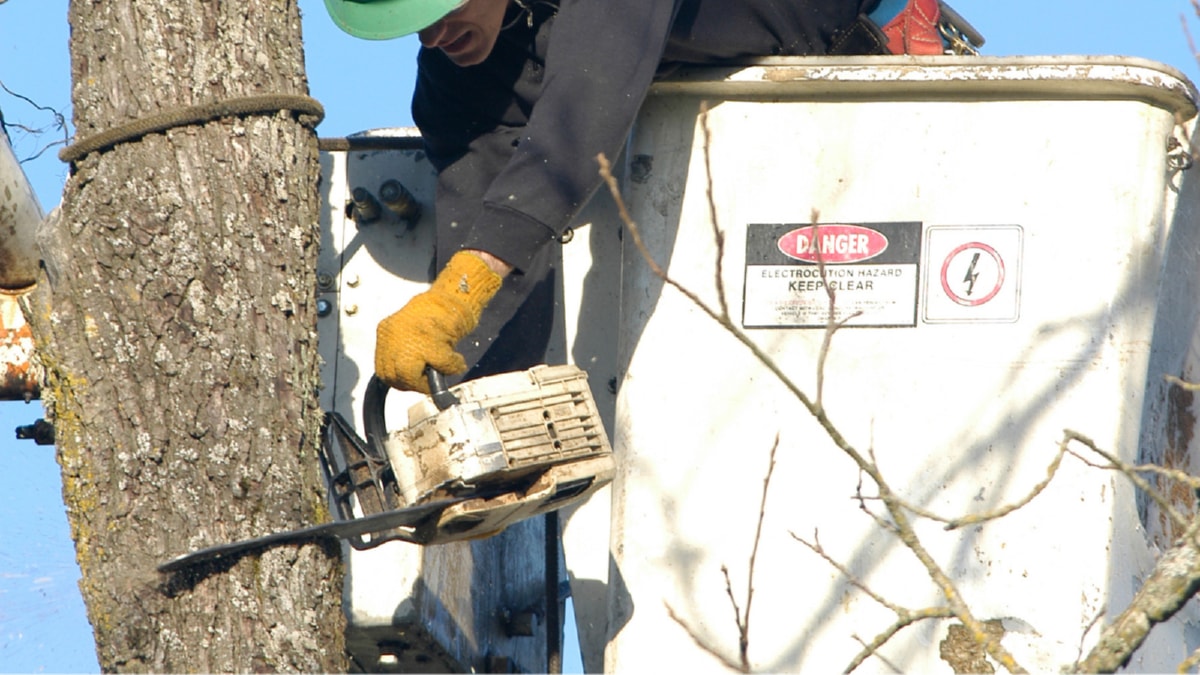Understanding the Basics of Construction Project Management
The management of a construction project requires a deep understanding of both the technical aspects and the business side of things. It involves organizing, directing, and controlling a project from the beginning to the end. The goal is to deliver a functional and financially viable project that meets the needs of the client.
In construction project management, the first step is always to define the project scope. This involves determining the project’s objectives, deliverables, and timelines. Once the scope is clear, the project manager can then develop a project plan that outlines the resources, budget, and schedule required to achieve the project’s objectives.
Risk management is also a critical part of construction project management. Identifying potential risks and developing contingency plans can help to ensure that the project stays on track. Risk management also involves regular monitoring to detect any deviations from the project plan and implement corrective measures.
The role of a construction project manager also includes managing the project’s financial aspects. This involves setting up a financial plan, monitoring expenses, and predicting financial outcomes. Financial management is crucial to ensure that the project remains within budget and delivers a return on investment.
Finally, construction project management involves managing the project’s team. This includes recruiting the right people, assigning roles, and providing leadership. The project manager must also be able to efficiently relay information to all stakeholders, including the client, the team, and any subcontractors.
Green Building Practices and Their Effect on the Construction Sector
The rise of sustainability has significantly impacted the construction industry, with more and more companies integrating sustainable construction methods. These practices aim to reduce the environmental impact of buildings while also enhancing operational efficiency.
Green building practices involve using sustainable materials, energy-efficient designs, and waste-reducing methods. These practices not only help to conserve natural resources but also lead to more comfortable and energy-efficient facilities.
Furthermore, green building practices can also have significant financial benefits. By reducing energy and water usage, these practices can lead to substantial cost savings in the long run. Moreover, with the growing demand for sustainable buildings, green construction can also enhance the value of a property.
In conclusion, the construction industry is evolving, with sustainability becoming a key focus. The adoption of green building practices is not just a trend, but a necessary shift towards a more ecologically responsible and efficient building sector.
For more details, check best Farmyard Lane Resurfacing Kildare Galway Limerick Mayo Offaly or visit their Farmyard Lane Resurfacing Kildare Galway Limerick Mayo Offalybusiness listing here.




